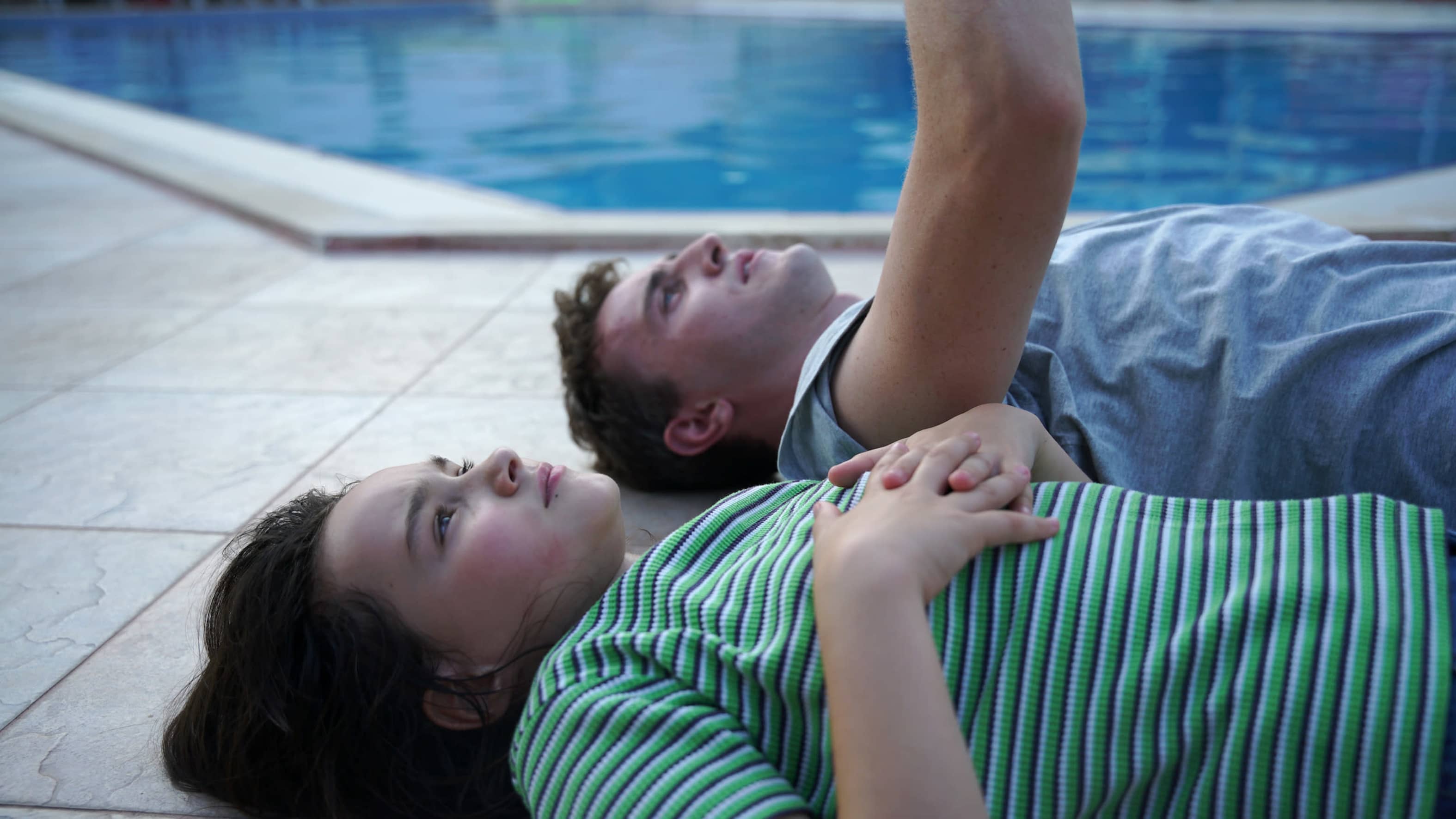Adaptations that surpass their source material are few and far between. Occasionally however, some manage to improve their origin. Here is a list of our favourites that we argue end up being better than their source material.
1. Trigun (1998). No contest. By far the best improvement to any manga that we have seen. The original manga is rather convoluted and messy at times. The women especially are completely wasted in the manga and get no narratives of their own. The series takes the main idea of the manga and the designs of the characters and morphs it into something simpler but way more effective and character driven. The women also get more meaningful character arcs and personalities in the show. The climax of the anime packs such a punch that the manga is left in the dust. All in all, a superior adaptation in almost every aspect.
2. The Painted Veil (2006). The book ain't worth it. We saw the film before reading the novel, and thus had very high expectations, which the book definitely did not live up to. The ridiculously misogynistic conclusion and the complete erasure of the female character Kitty's character narrative in the novel was an absolute insult. In the end, the book was clearly written by a man of his time, so no surprise there. The movie works better both character and romance wise.
3. Oldboy (2003). Superior to the manga in every way. Truly, every single decision they decided to change for the film from the manga is better. The twist was so goddamn stupid in the manga that for once the far more shocking and overused trope as plot twist in the movie works for the film's benefit.
4. The Departed (2006). Like Trigun's manga, the original version of this movie, Infernal Affairs, is fine. There's nothing wrong with them. It's just we think that Scorsese knew how to make a more compelling story with focus on characters. For us, the original is more plot driven and thus comes across less interesting whereas Scorsese's film is more interested in characters and their narratives. Also, never did we ever think that Scorsese could actually do a somewhat decent female character, this was a first for his films. It works surprisingly well that the remake decided to combine the two basically unimportant female characters from the original to one impactul character with their own arc.
5. Koe no katachi/A Silent Voice (2016). Again, nothing really wrong with the source material but the anime just works better. The pacing, the characterisations, the focus on the two main characters gives the story more direction and keeps the movie more focused.
6. The Secret Garden (1993). The book is genuinely good. It just doesn't feel that the children are quite like real children in the novel as they are in the film. The movie has the children act like actual kids would and thus also make the ending far more touching when the film has made you really care about these children.
7. Howl's Moving Castle (2004). This might be the only case where we also really enjoy the source material. The novel is super funny and engaging. If the film was made by anybody else but Miyazaki, we doubt it would've improved stuff from the book as much. Since it is Miyazaki however, he manages to keep the humorous spirit of the book while deepening the characters and giving them more defined narratives.
8. Tarzan (1999). This book goes to the same pile as many other dude writers of his time - sexist and shallow. Not to mention super racist. The novel is quite clumsily written and there's barely any character narrative to be had. Disney, surprisingly, manages to improve on both the story and characters. Tarzan has to actually grapple being part of two different worlds and Jane gets a gigantic character transformation from the book. The animation is a guilty pleasure, hence it's lower placement.
9. Nosferatu (2024). The OG film is an undisputed classic. Many also are fond of Herzog's version from the 70's. If one has read the book which all these versions are based on, we gotta admit however, that the Eggers film is the best adaptation of the orginal story's themes and characters. For once the female character is not a love interest to her predator but is shown as a victim of sexual abuse. The movie makes her death meaningful as well by making it her own choice, instead of virginal sacrifice or completely irrelevant. It also improves the book's more clunky writing and tones down the uberreligiosity of the story.
10. Bleak House (2005). The novel, again, is fine. The main character is just so insufferably angelic that she feels unreal. The series keeps her goodness but gives her more humanity. It immediately makes her a more compelling character. The show also condensed Dickens' ramblings and more convoluted parts of the book.







+Online+Free1-2832409207.jpg)
























